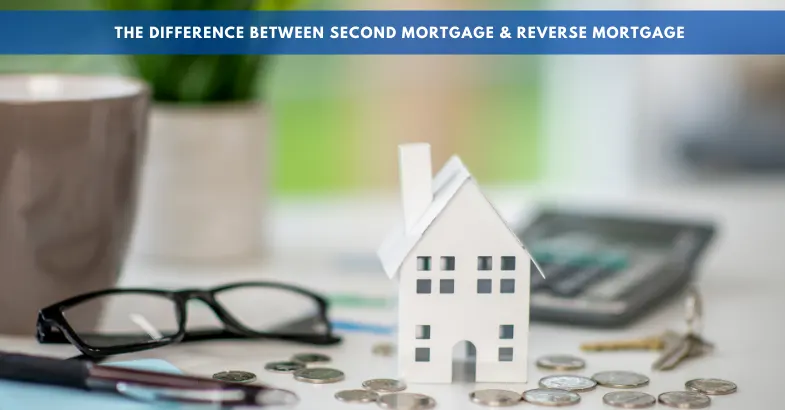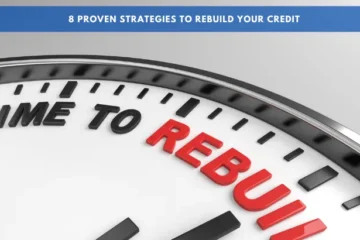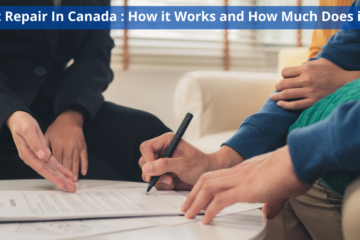Are you planning for your retirement? Or need extra funds? Wondering how you could tap your home’s equity and what are the possible options are available to you. You may have heard about the second mortgage and reverse mortgage, and you may wonder what these two options are.
We will help you to figure out what are the right mortgages based on your circumstances.
Before getting any type of mortgage, you should understand how they work and what are the benefits you are getting when you choose a specific one.
What Is a Second Mortgage?
A second mortgage is a second loan taken out on your home with your current lender or a different mortgage lender (if your current lender does not approve you for second mortgages).
You need to have at least 20% equity in your property to qualify for a second mortgage. As a borrower, you will be required to continue making payments for two mortgages every month (for the primary mortgage and the second mortgage).
Pros of a Second Mortgage
- It has no age restriction
- Your income and credit score don’t matter (qualifications are based on your home’s equity)
- You can borrow up to 80% of the sum up of your home minus the amount on your primary mortgage
- You can convert your equity for cash for any purposes
Cons of a Second Mortgage
- Interest rate is higher than primary mortgages
- Terms are shorts (more likely required to be paid within a year)
- Possible foreclosure when you are not able to pay the mortgage back
What Is a Reverse Mortgage?
A reverse mortgage is a type of mortgage that is designed for retirement or people whose age is 62 and above, typically who have paid off their mortgage. They are allowed to borrow against their home’s equity. They don’t need to have a monthly payment and are able to maintain ownership and continue living in their home. However, the mortgage must be paid off when homeowners permanently move out, sell their house, or dies.
In this type of mortgage, the lender pays the homeowner. Dissimilar to other types of mortgage in which the borrowers need to repay the lenders.
Pros of Reverse Mortgages
- No monthly payment towards the loan balance.
- You don’t need to pay the tax on the money you acquired
- Maintain ownership of your home
- The lender makes payments to you, instead of you making payments to the lender
- You can access up to 55% of the appraised value of their home in tax-free cash.
(However, your actual amount is based on a few factors such as your age (and the age of your spouse, if applicable), the cost of your home, the location and type of your home, it may vary still) - In the event that you die, your spouse can still live in your home if he/she pays the taxes or insurance, and continue to maintain the property
Cons of Reverse Mortgages
- It has an age restriction (must be at least 62 years old and older)
- You may not be able to use your home as collateral if you want to take another mortgage
- Closing costs and other fees can be high and it will lower the amount of cash that is available
- You will have to pay other costs related to your home (such as taxes, insurance, maintenance, etc.,)
- Your spouse will stop receiving money from your loan since he/she wasn’t part of the agreement
How to Qualify for Second Mortgages?
A second mortgage isn’t for everyone; however, it can make perfect sense in the right scenario. In order to qualify for a second mortgage, you just need to have;
- Good credit score – The higher the credit score, the lower the interest rate will be
- Equity – The more equity you have, the more chances to qualify for a second mortgage
- Income – Lenders want to ensure that you will be able to repay your debt
- Property – Lenders need to secure their investment in the event that you are unable to make your mortgage payments
How to Qualify for Reverse Mortgages
In order to be eligible for this option, you must be at least 62 years old or older.
• You must be at least 62 years old and older
• You must live and own your home’s primary residence for the life of your reverse mortgage. Gateway homes or rental properties are not qualified
• You must meet with a Department of Housing and Urban Development (HUD)-approved reverse mortgages advocate before applying for a reverse mortgages
How to Qualify for Mortgages with Bad Credit
Getting mortgages with poor credit might be challenging enough because there are only a few lenders who work with this type of scenario.
However, you may consider repairing your credit score prior to applying for a specific mortgage to get some better benefits and lower your interest rate.
Final Thoughts
The option will depend on your financial goals, and cash flow needs. A second mortgage and reverse mortgage, both are allowing you to convert your home’s equity into cash. It is highly recommended to analyze your financial circumstances and what your needs are to get the best benefit from these mortgage options.




